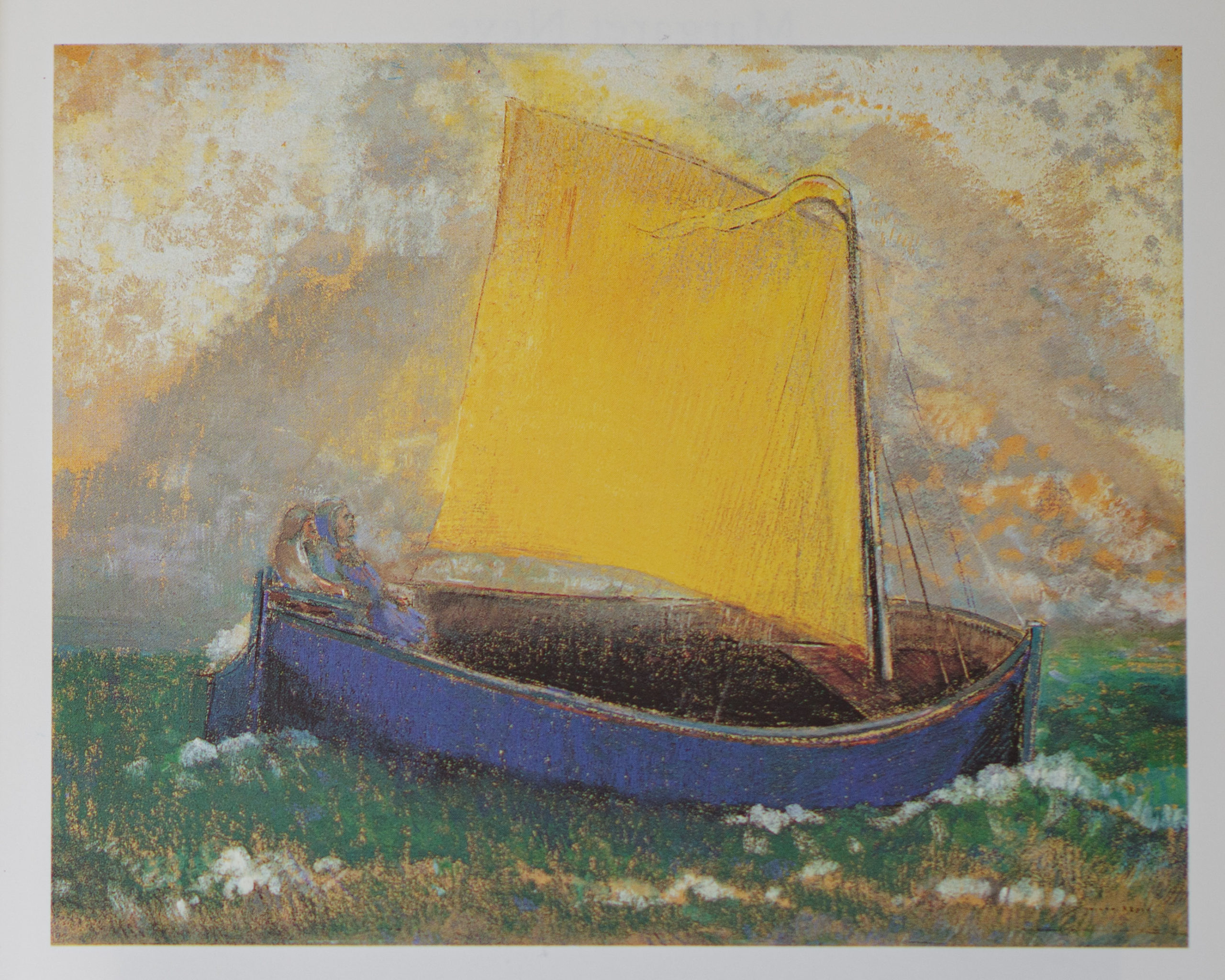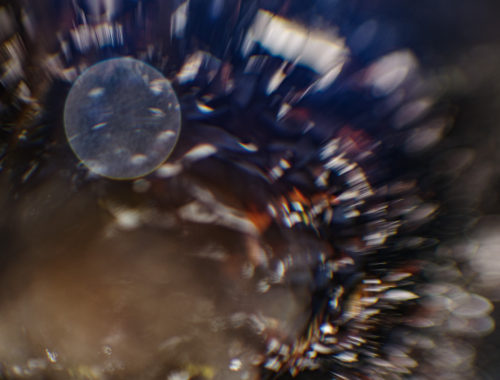
Gift Giving
Recent days have been especially conversation heavy. After all, there is a lot going on in the world, and nothing is as it seems. I depend on others—in books, online—to help me see what is beneath the surface, and I try to do the same for the people in my little world.
Reading is a relationship among the author, the words on the page, and the reader. The only element in that triangle that is even close to static are the words on the page, but the author brings experiences and intentions to the words he writes, and such experiences and intentions influence the very words he chooses, how they play together, and what meanings they might create. The reader, similarly, comes to a book with knowledge she has gained up until that point in her life. The cares and worries of the day weave their way between sentences and into paragraphs and massage meaning. A page of text read outside on a picnic blanket, with the sun warming one’s back may very well swirl and dance with the contents of the reader’s brain differently than they would if the same page of text was read in a crowded restaurant, the words ingested between bites of food and interruptions from the server. The same dynamic absolutely applies to art: of the visual, tactile, and auditory sorts.
The notion of a conversation among books was a favorite theme at an old incarnation of this blog. So, not only do I think that interactions happen among author, words, and reader of one book, I think they take place among all books (with even a modicum of significance for the reader) read in the past and to be read in the future.
This morning, such a conversation was significantly more direct than usual, even though the words playing together were not found in books, per se.
I have subscribed to Magnificat, a wonderful publication that supplies me with a pared down version of the Liturgy of the Hours for each day of the month. Beyond that, though, it includes an editorial, essays, meditations, art and analysis of art, and short biographies of canonized saints. Over the years, I’ve vacillated between keeping all my old copies and throwing each out on the last day of the month. As it stands, I have a box full of issues, from which I choose one at a time to dissect, gleaning what I can: copying down or tearing out the good stuff before I deposit the stripped carcass in the hopper. Sometimes pages from old copies even make their way into my art.
All of that is a very long introduction* to what I encountered in the editorial by Father Peter John Cameron, O.P., in the May 2017 issue of Magnificat and how it played so nicely with an old post by Father Stephen Freeman at Glory to God for All Things that I turned to right after the editorial. (I’ve been reading, daily, each blog post from Father Freeman, beginning at the beginning, way back in September of 2006. I am now up to the post for 30 November 2006. Yes, I have a long way to go, but so far, my tenacity has been well worth it.)
Okay. Since he was writing for the May issue, Father John focused on the Blessed Virgin Mary and her role as our Mother. He shared a story about a woman (a mother and grandmother) running to the rescue of a stranger trying to kill herself by jumping from an overpass because “My mother doesn’t love me!” The Good Samaritan was quickly joined by other drivers—all complete strangers—who held onto the desperate woman (through the fence) and to each other. Telling the woman they loved her, they kept her from jumping to her death, so when police officers arrived, there was a living, breathing human to help into a waiting vehicle rather than a victim to be scraped from the road below.
Father Cameron’s point in telling the story (which he had encountered in a news report) was this:
It was a mother who recognized that young person’s desperation. It was a mother who rushed to her aid. It was a mother who assured her with love. And it was a mother who inspired the charity of other passersby to help. … Sometimes when we are hanging on for life, only a Mother will do.
As I mentioned to a friend yesterday, the American literary giant Nathaniel Hawthorne seemed to instinctively understand just that, and he pined for the Blessed Virgin Mary, who was conspicuously absent from his Protestant faith.
Further on in his editorial, Father Cameron writes:
The poet laureate of California, Dana Gioia, in a talk once said, “What we instinctively seek is beauty, not logic.” Why? Because ideas cannot give us a new sense of purpose, a new beginning, the reason not to give up the way that beauty can. … The author J.R.R. Tolkien famously commented, “All my own perception of beauty, both in majesty and simplicity, is founded upon our Lady.” The grace of Mary in our life is God’s gift of the Beauty we instinctively seek in order to make sense of the world around us. … It is said that Dostoevsky would sit for hours silently in front of an image of the Madonna “in order not to despair of humanity.”
After that lengthy introduction and the wise words of Father Cameron, it is time to wind up with this bit from Father Freeman:
My own earliest encounters with God were through pictures (indeed I’m not sure I could as yet read). In a pre-school Sunday School room (I can still smell it), in a country Baptist Church, we had pictures of Jesus hanging on the walls. … [They] were the revelation of God to me. … In a similar manner, a small bible given to me at birth by the Women’s Sunday School Class in that same Church, had a frontispiece that was one of Raphael’s Madonnas. The beauty and radiant love of her face are among my earliest religious memories. I think I have always loved the Mother of God. (It is quite interesting to me that a copy of the same Madonna hung above Fyodor Dostoevsky’s writing desk).
God speaks to us each day and can use any aspect of our material world to point out the way we should go. The question, it seems to me, is: how readily do we recognize the Giver of the gifts in our path?
*I swore off explanations long ago but just can’t completely shake the indoctrination.




